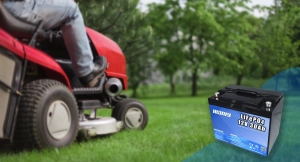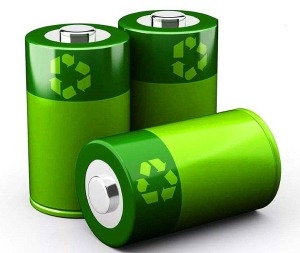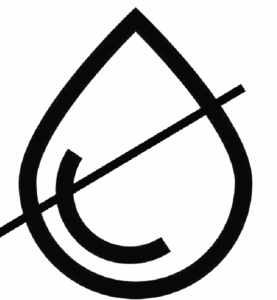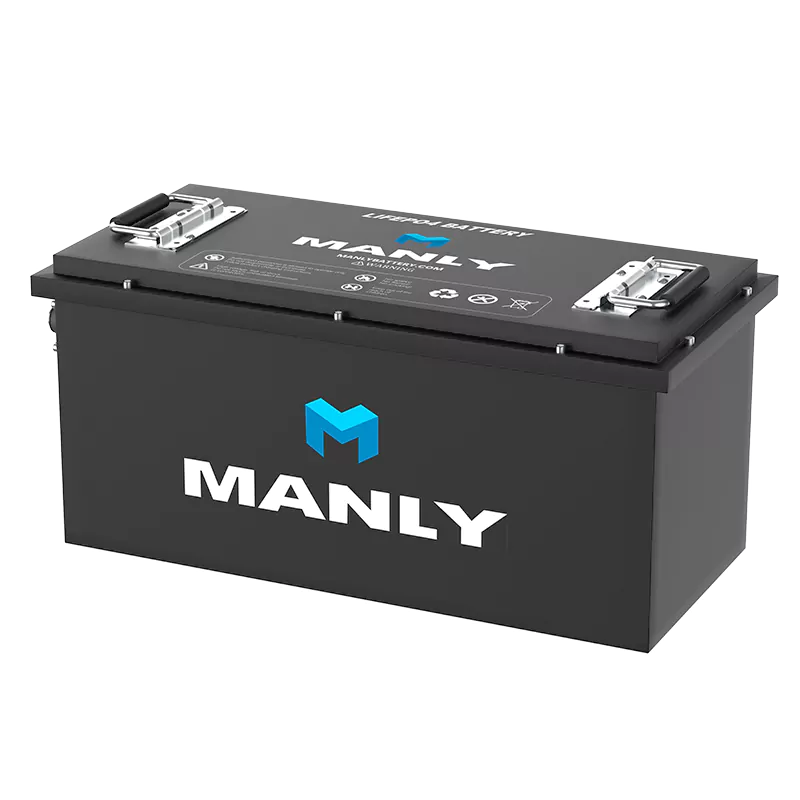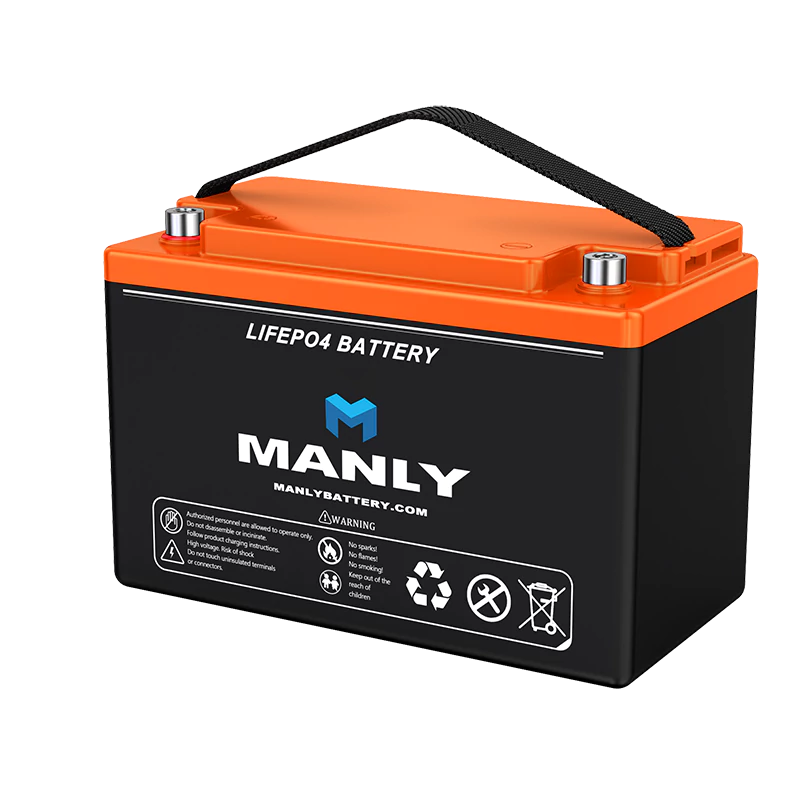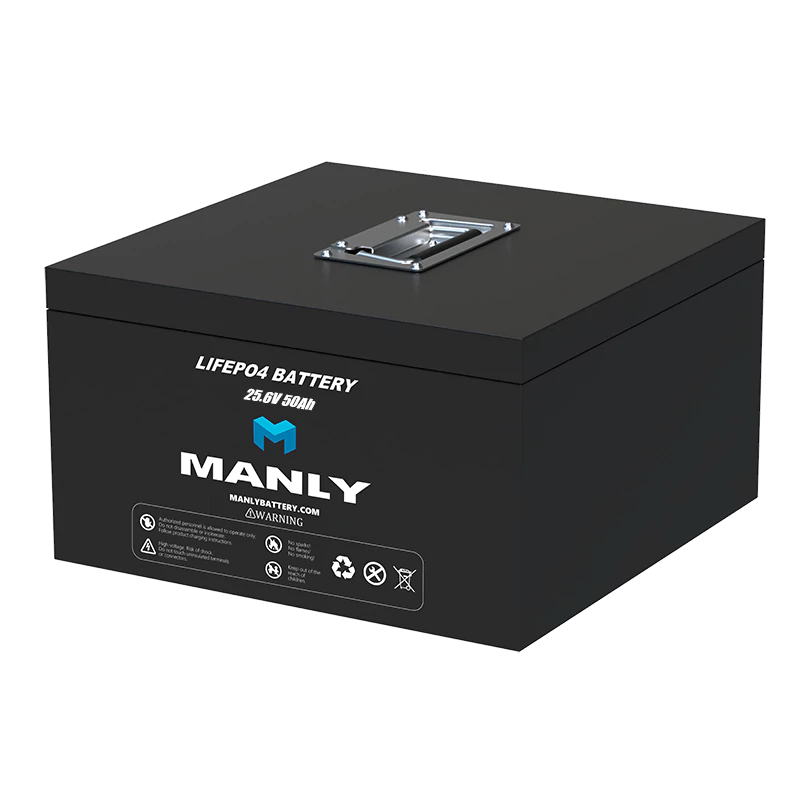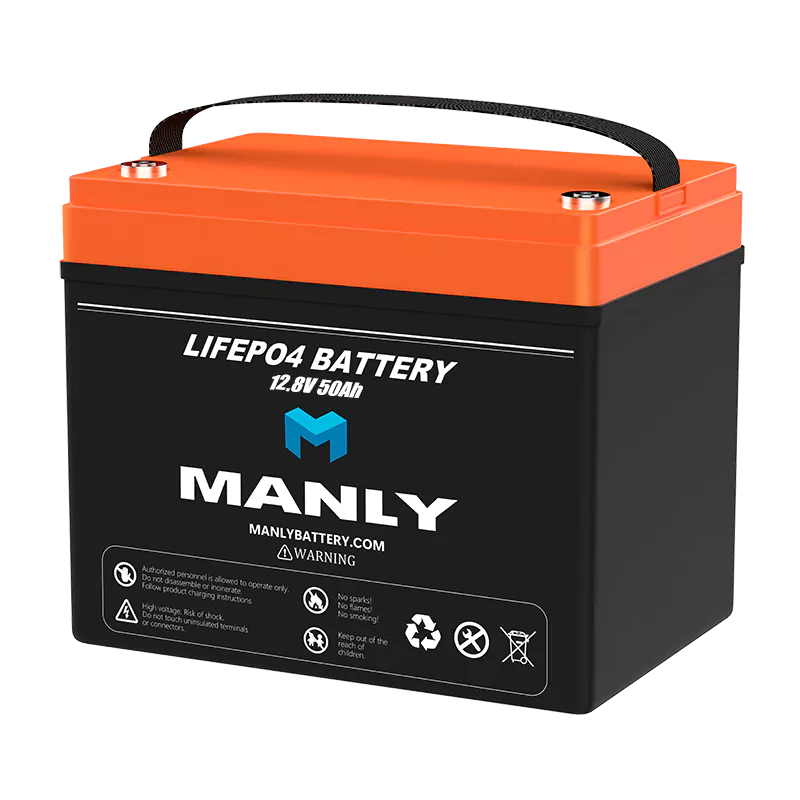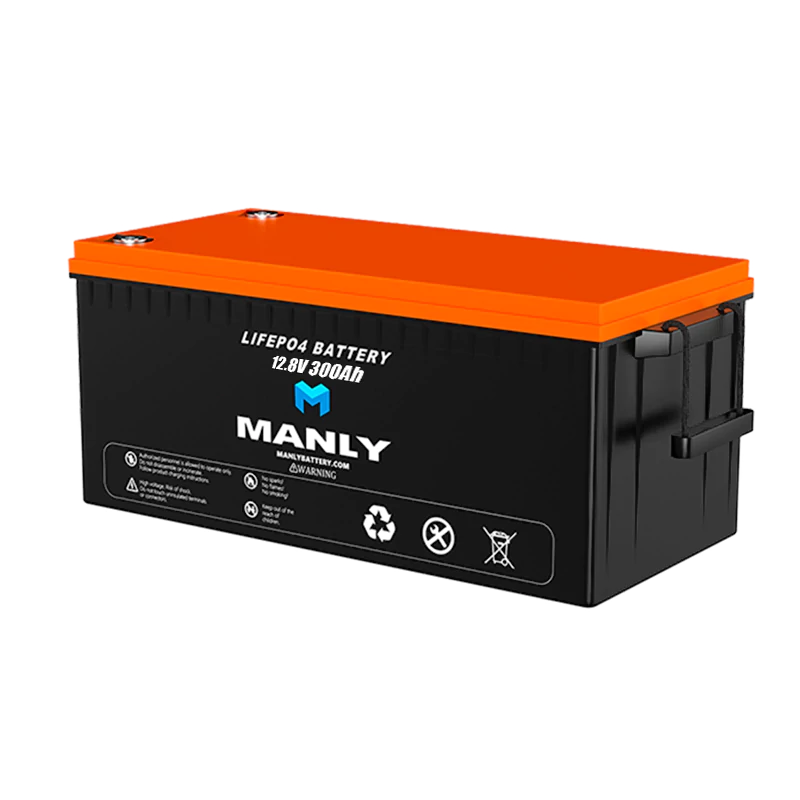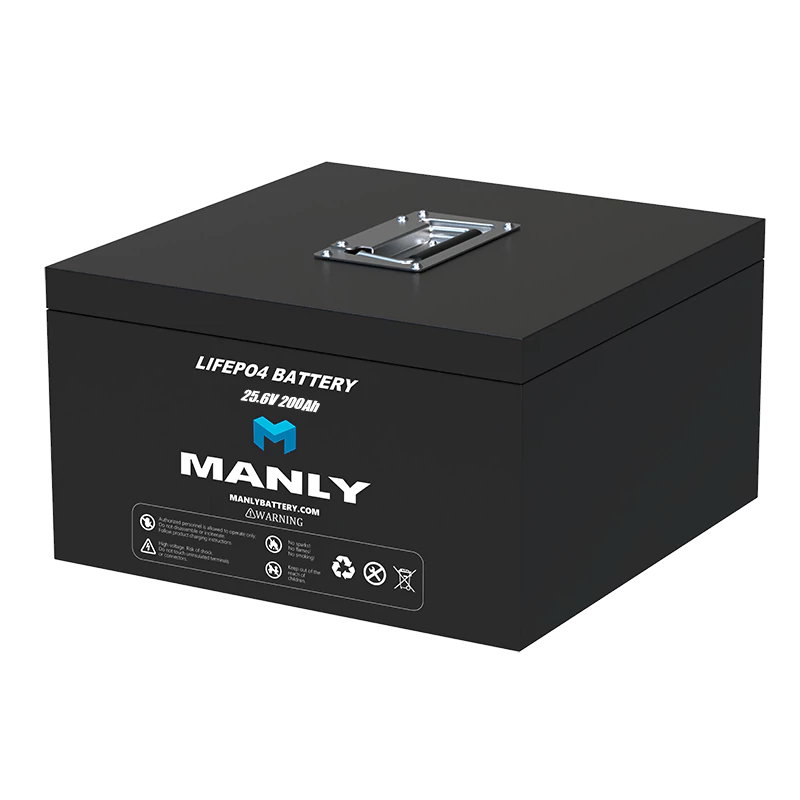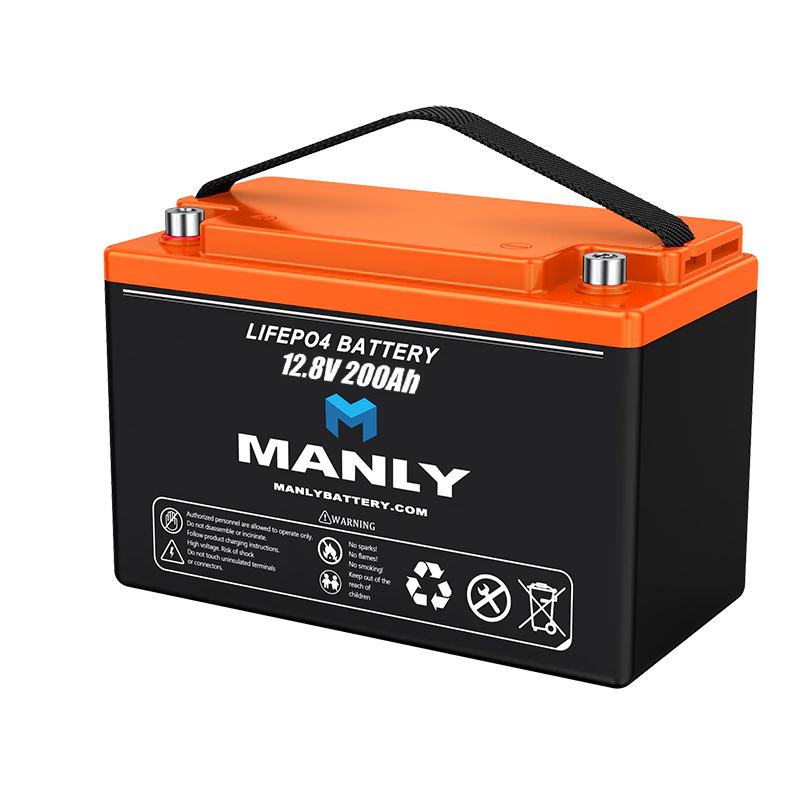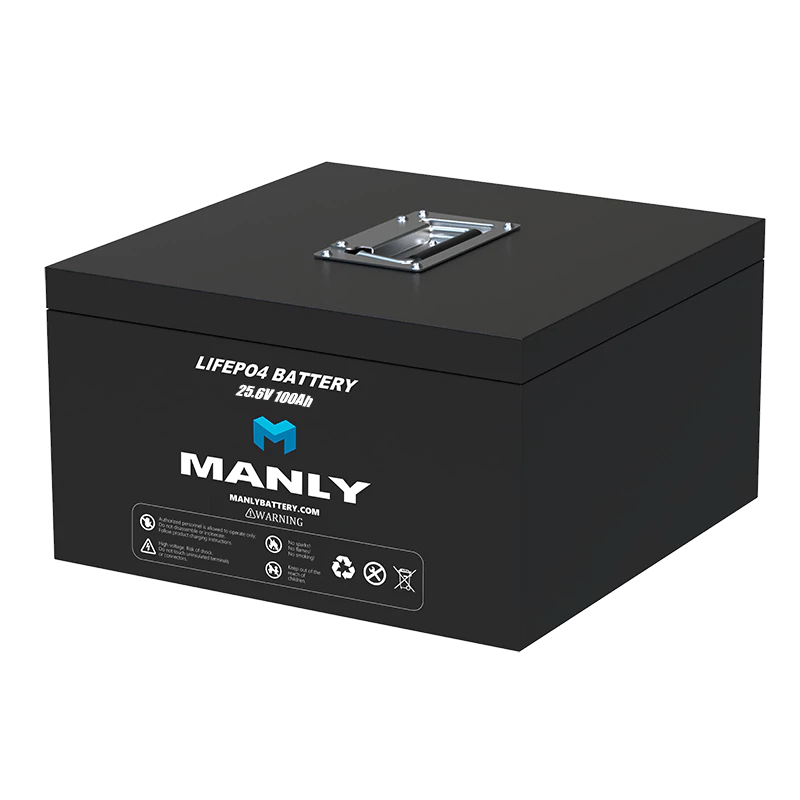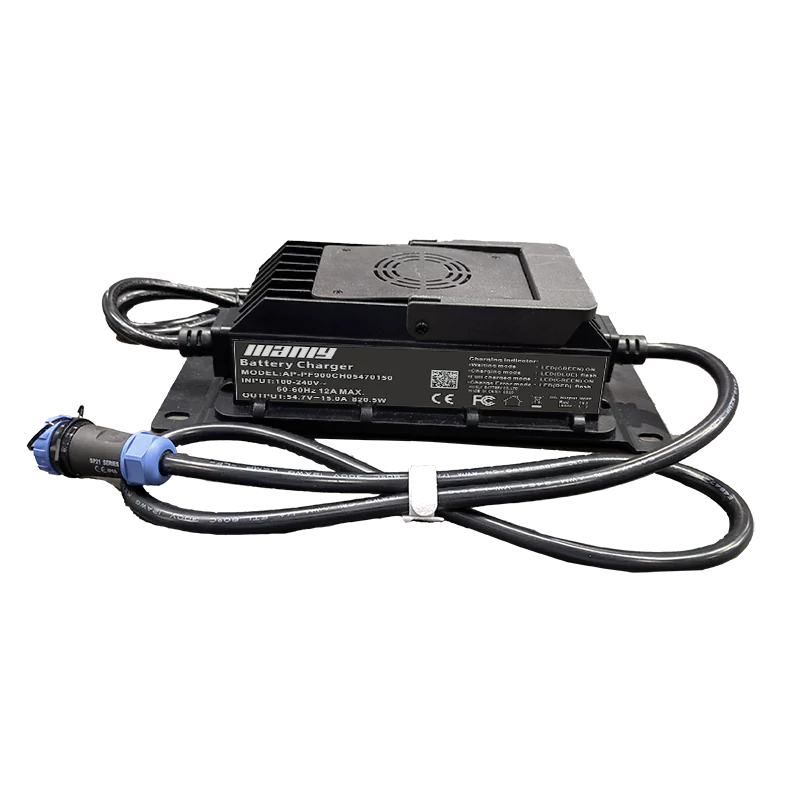More ProductsBYD vs. Tesla: Exciting EV Battles
BYD and Tesla have become global leaders in the electric vehicle (EV) industry, both hitting sales and production of over a million units. As they enter each other's dominant markets, a collision seems inevitable.Their rivalry is quite thrilling, almost like a game of chess.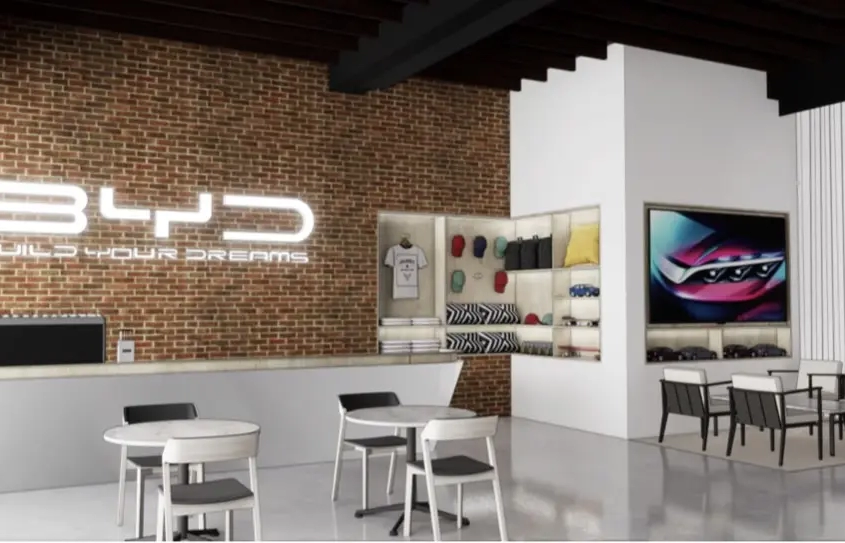
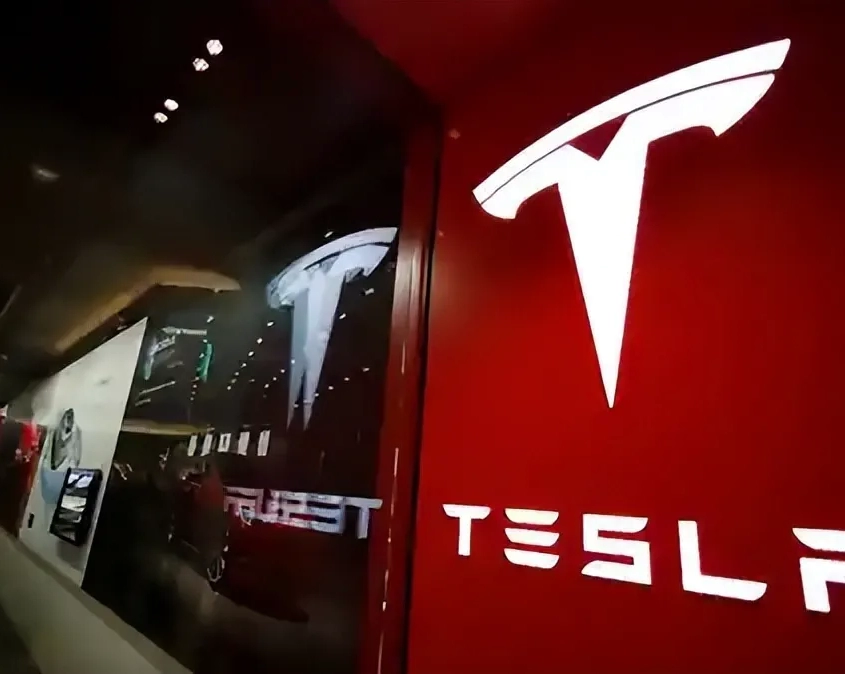
BYD vs. Tesla: Exciting EV Battles
Table of Contents
EV Sales: A Close Chase
In terms of sales, it's a close race. In Q1 2023, BYD dominated the domestic market with 508,700 units sold, accounting for nearly 40% of the market. Meanwhile, Tesla China sold 137,400 units, a mere 10.5% market share.But, looking globally, the gap between BYD and Tesla narrows. According to SNE Research, BYD sold 566,000 EVs worldwide in the first three months of the year, with Tesla close behind at 423,000. If we consider only EVs, BYD's global sales drop to 265,000, making Tesla the global leader.Since 2015, the two automakers have been neck and neck. They've left other brands to fight for third place. Right now, Tesla may struggle to catch up with BYD's overall EV sales, which includes plug-in hybrids.
EV Products: A Battle for Supremacy
In terms of products, it's a tug of war. On May 5th, Tesla announced a price increase for all new Model S and Model X vehicles by CNY 19,000. After adjustment, the starting prices are CNY 808,900 and CNY 898,900, respectively. This is just three days after the price increase for the Model 3 and Model Y.Contrarily, BYD has been striving upward. Before this year's Shanghai Auto Show, BYD released new 2023 models of the Qin PLUS DM-i, Han EV, and Tang DM-i – all champion models.These opposing strategies have led to a head-on collision between the two brands. Several of BYD's 2022 models, priced over CNY 200,000, compete directly with Tesla's Model 3/Y. After Tesla sparked a price war in January, sales of BYD's related products dipped.Translation: EV Charging Station
In terms of charging stations, it's tit for tat. Recently, BYD partnered with Shell on charging infrastructure. BYD customers will receive special discounts at Shell Recharge locations and platinum membership to the operator's charging network.Just a while back, Tesla announced that it would open charging stations to non-Tesla EVs in mainland China, including the BYD Han EV.Both companies recognize the importance of charging station layout in securing the EV market. BYD has chosen to partner to enter the European market, while Tesla has opted to share charging stations to attract potential customers. The smoke of battle is starting to spread.

